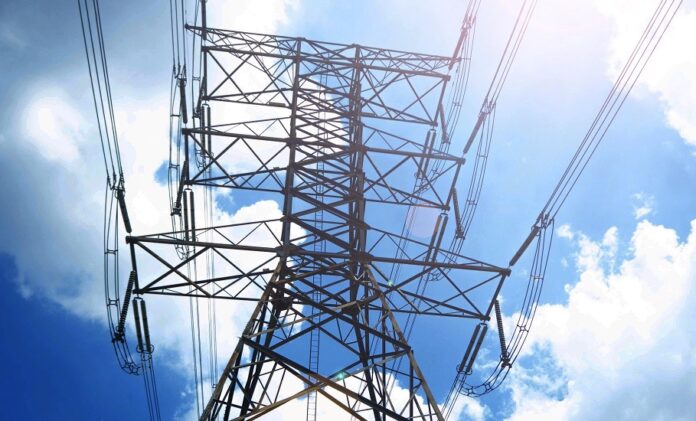Electricity export drops 14.5% YoY
By Jeph Ajobaju, Chief Copy Editor
Electricity export dropped 14.5 per cent to $72 million (N29.95 billion, at N416/$1) in 2021 from $84.26 million in 2020, and declined 49.4 per cent versus $142.3 million in 2019.
Electricity accounted for 0.16 per cent of total $45.92 billion export earnings in 2021 and its $72 million inflow was the lowest since 2010, based on figures from the Central Bank of Nigeria (CBN).
The treasury earned $543.11 million from power export to Niger, Benin, and Togo Republic in the past five years, even as Nigerians daily face inadequate supply.
The national grid has collapsed several times this year, the latest last weekend caused blackouts in some parts of the country, as power generation plummeted to 37,964.93 megawatts per hour (MWh) on 9 April.
The World Bank says 85 million Nigerians do not have access to grid electricity, about 43 per cent of the population, making Nigeria the country with the largest energy access deficit in the world.
Yet Nigeria sells electricity across its borders.
The World Bank also says unstable power supply in the country results in an annual economic loss estimate of $26.2 billion, about 2 per cent of Gross Domestic Product (GDP).
Nigeria ranks 171st out of 190 countries in access to electricity, one of the major constraints of the private sector, according to World Bank Doing Business Report.
________________________________________________________________
Related articles:
Vandals target power, rail, airport facilities in Nigeria
Abuja signs deal on 5.4kw solar power for 27K homes
Surprising facts about solar energy
Solar power system to generate $10m yearly in import substitution
ColdHubs is using solar energy to reduce N3.5tr food waste
________________________________________________________________
Grid disruptions
Nigeria is endowed with large oil, gas, hydro, and solar resources, with potential to generate 12,522 mw from existing plants, according to information from Power Africa, reported by Nairametrics.
Only 4,000 mw are distributed daily, which is insufficient for a population of 206 million.
Africa’s largest economy finds it hard to generate at least 105,000 MWh daily, the level at which supply can be stable.
While grid disruptions hamper supply at home, the Nigerian Electricity Regulatory Commission (NERC) disclosed in December 2021 that neighbouring country to which Nigeria supplies power were owing N770 million.
The NERC said power firms in Benin, Niger, and Togo and some other special customers were issued the bill by the Nigerian Bulk Electricity Trading Company (NBETC) and the Market Operator of the Transmission Company of Nigeria (TCN), but it had not been paid as of the second quarter of 2021 (Q2 2021).














